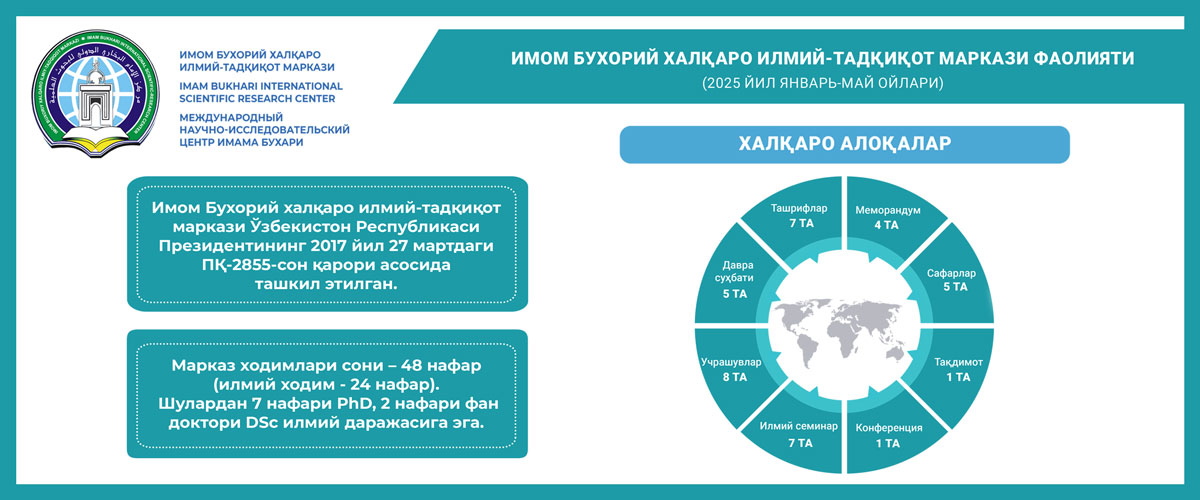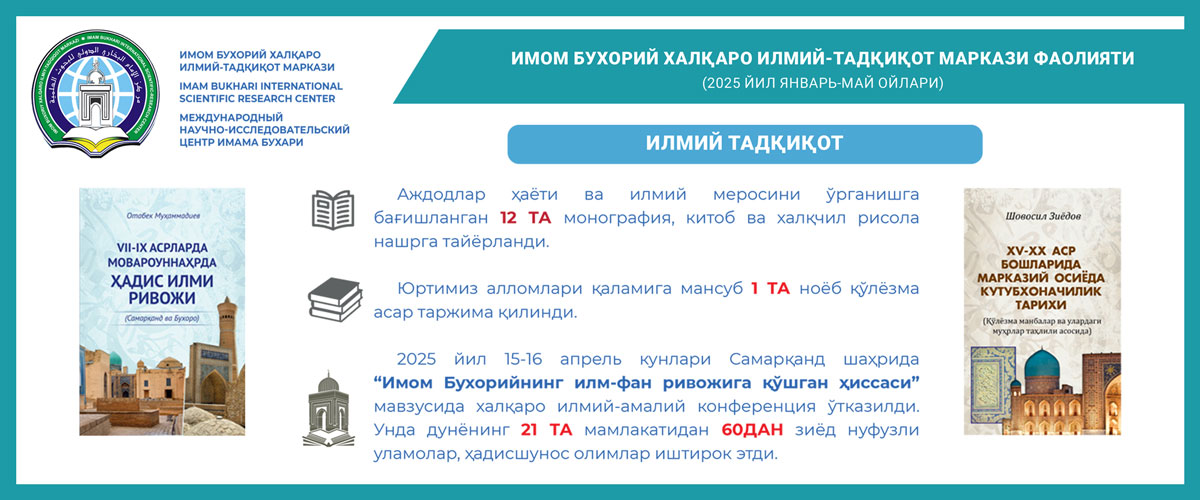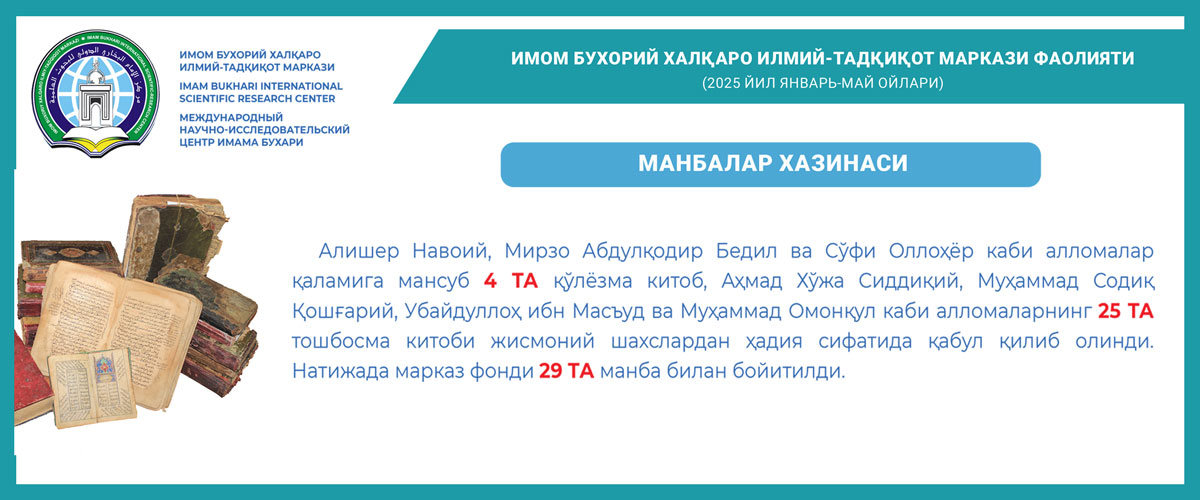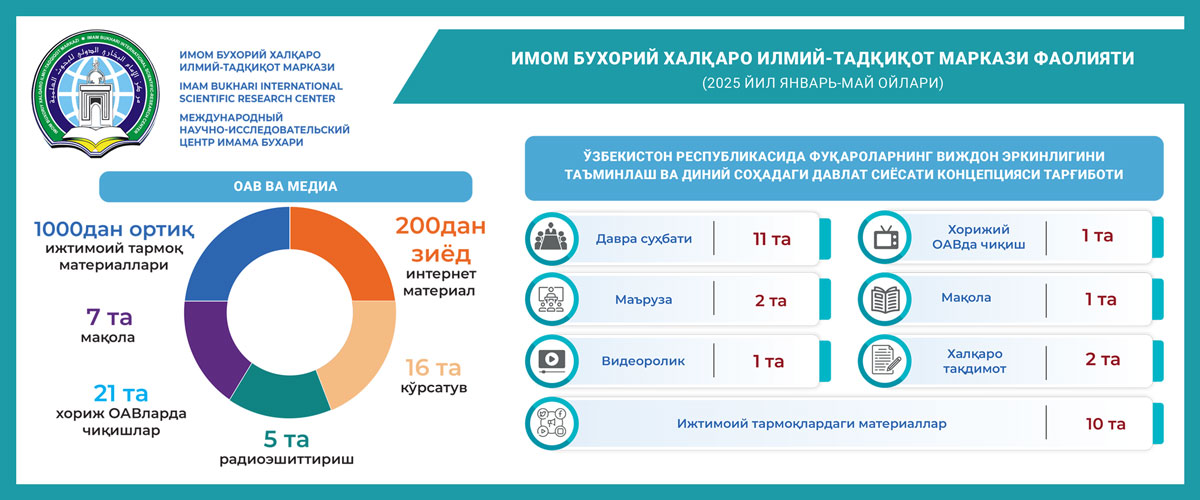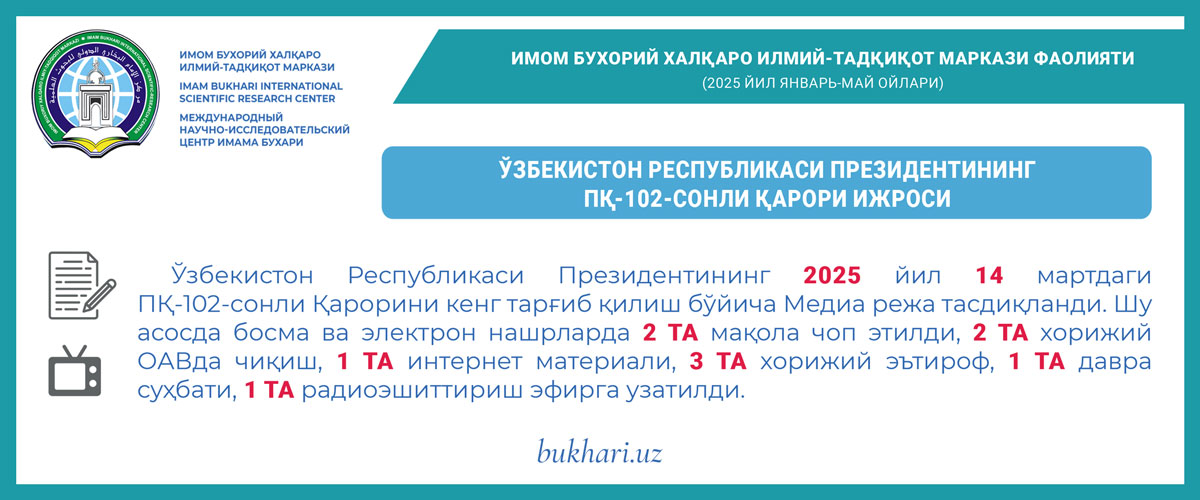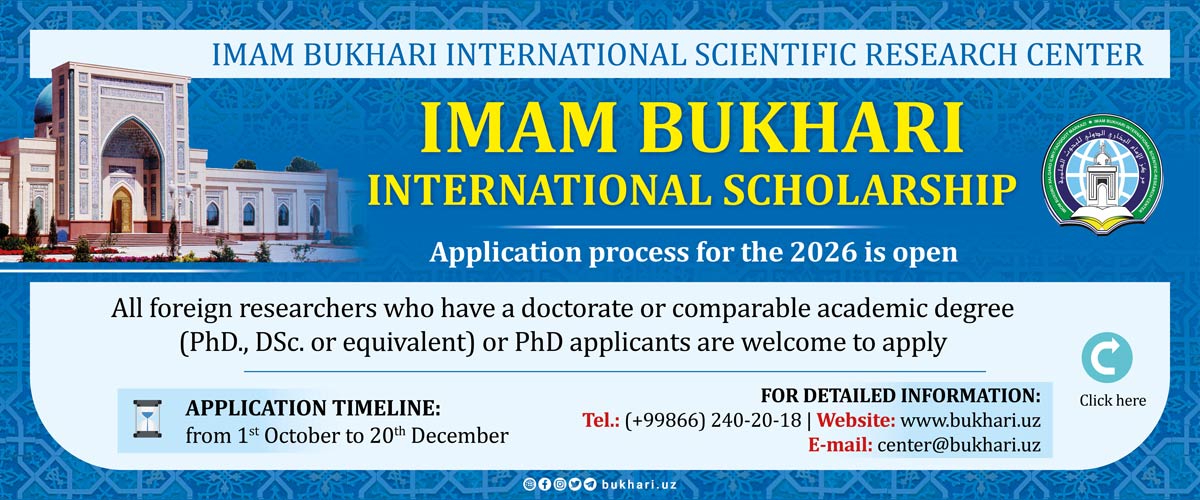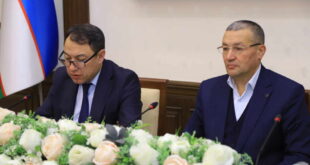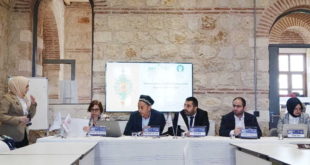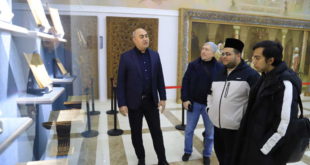The next online seminar in the series “Material Culture of the Zerafshan Valley” was held at the Imam Bukhari International Scientific Research Center in cooperation with the Asian-Afrika-Institute of the Universität Hamburg. Employees of the Center, researchers of scientific institutions of our country and abroad, as well as scientists from Germany and Turkey participated in it.
At the seminar, Fakhriddin Ibragimov, a researcher at the Institute of Oriental Studies named after Abu Rayhan Biruni, gave a lecture on “Trends in the study of Avicenna’s legacy in Iran”.
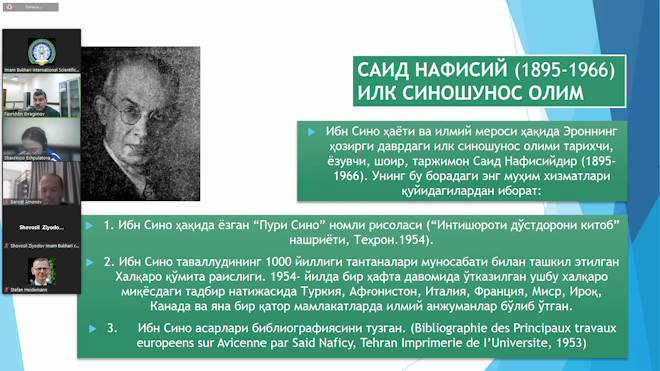
The speaker noted that Ibn Sina, who went down in history as a philosopher and encyclopedist, despite his short life spent in wanderings and arrests, thoroughly mastered all the sciences of his time and wrote many works.
The scientist whom we know and recognize as our great compatriot does not call himself a Persian, but in Iran he is considered to belong to the Persian nation. Since he wrote most of his works in Iranian cities, and his grave is located in Hamadan, serious attention is paid to the study of Ibn Sina’s legacy.
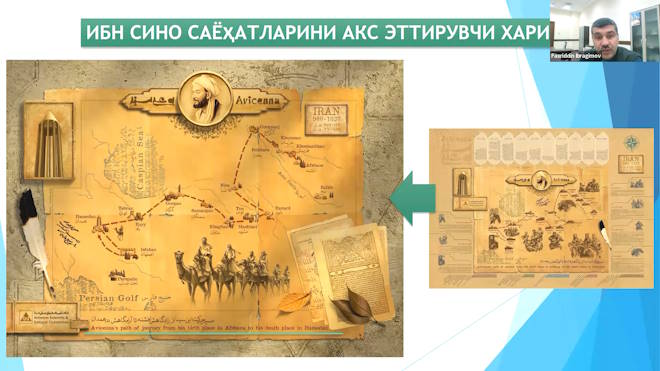
In total, from the 50s of the last century to the present, 45 doctoral dissertations devoted to the life and scientific and literary heritage of Ibn Sina have been defended in Iran. In addition, the International Ibn Sina Foundation in Hamadan and the Institute of Philosophy in Tehran play a key role in the research and popularization of the thinker’s legacy there.
According to the scientist, the study of Ibn Sina’s legacy in Iran can be divided into two periods: from the 1950s to the 1980s and from the 1980s to the present.
The first period mainly covers research on the life, scientific activities and bibliography of the scientist’s works, and in the second one can see such areas as the study of the works of Ibn Sina, the creation of their critical texts, and the translation of scientific works. was conducted in Western languages into Persian.
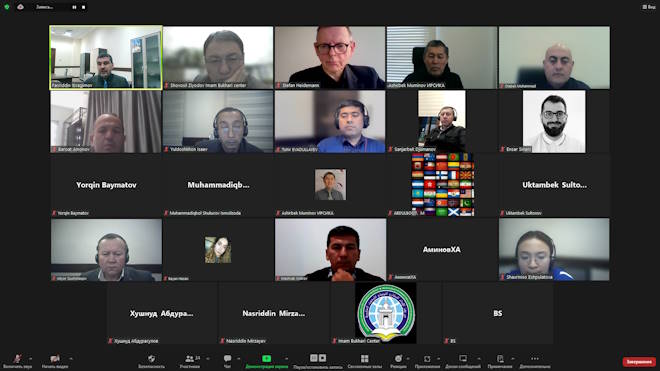
The researcher provided information about the scientist’s students, the first Iranian sinologists.
The seminar continued with questions and answers.
 Imom Buxoriy xalqaro ilmiy-tadqiqot markazi bukhari.uz
Imom Buxoriy xalqaro ilmiy-tadqiqot markazi bukhari.uz
